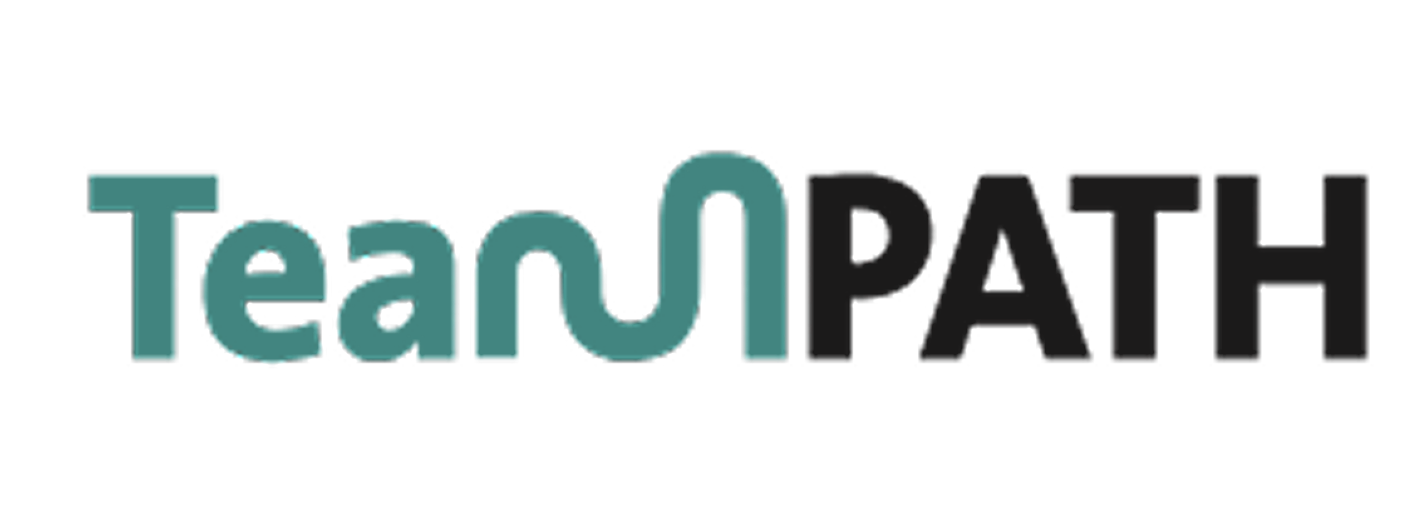Unlocking Performance by Unlocking Purpose: How "Meaning at Work" Changes the Game

Team Science – With a Twist
At TeamPath, we like our advice backed by evidence. But let’s be honest—academic research on teams can be a bit dry. So we’ve asked AI to turn top team science papers into podcast-style conversations.
The result? Something like John and Gail from Pitch Perfect—if they swapped a cappella commentary for team dynamics. John’s blunt and occasionally inappropriate. Gail’s sharp and slightly over it. Together, they break down the science so you don’t have to. It’s research, with a little banter.
Disclaimer: These episodes are AI-generated. While we aim for accuracy, the bots may occasionally go rogue.
The study "Meaning at Work" by Ashraf et al. (2025) evaluates a groundbreaking intervention in a multinational firm, showing how enabling employees to discover personal meaning at work—not just chasing KPIs—can lead to measurable gains in performance, retention quality, and wellbeing. This approach reframes soft skills training for managers and employees as a powerful lever for workforce performance.
Key Findings: Linking Meaning to Measurable Impact
This two-year randomized controlled trial (RCT) involving nearly 3,000 white-collar workers tested the firm’s “Discover Your Purpose” (DYP) program—a mix of readings, reflective writing, and intimate workshops grounded in logotherapy, a psychological approach that centers on meaning-making. Here’s what stood out:
- Improved Performance: After the intervention, the proportion of employees rated as underperforming dropped significantly (LATE: 5.3pp drop), driven by both voluntary exits of low performers and improvements among those who stayed.
- Selective Turnover: Treated employees were more likely to leave if they found their jobs misaligned with their sense of purpose. The exit rate increased by 2.8 percentage points (a 21% rise).
- Enhanced Compensation: Bonus eligibility rose for treated employees (LATE: +6.7pp), with corresponding increases in bonus size, indicating better recognition and reward for enhanced performance.
- Wider Psychological Shifts: The intervention reoriented employee priorities—flattening the trade-off between pay and purpose, increasing job satisfaction, and even narrowing gender-based differences in work behaviors (e.g., more men took parental leave).
- High ROI: Even under conservative assumptions, the internal rate of return was 3.8% if benefits lasted one year—and a massive 72% if gains continued for two.
This isn't just a morale booster. It's a robust, scalable form of behavioral team training that reshapes how employees relate to their work—and to themselves.
Current Thinking: Redefining Team Dynamics with Purpose
This research advances the conversation beyond top-down corporate purpose statements. Instead of prescribing meaning from above, it empowers individuals to define their own.
It aligns with—and builds upon—existing work on psychological safety and the growing body of research suggesting that agency and alignment are key drivers of both performance and satisfaction.
Importantly, the study models purpose as a kind of human capital—an internal resource that makes effort less costly and more sustainable. This reframing shifts meaning-making from a “nice-to-have” into a core mechanism of productivity, especially among underperformers traditionally left out of performance-based incentive schemes.
Why This Is Interesting for Team Path
Team Path’s commitment to actionable team improvement ideas, habit formation for teams, and growth mindset team training makes this study particularly resonant. Here’s how it translates into practical insights:
- Discussing what is Meaningful as a Team Ritual: Integrating personal purpose discovery into team onboarding or development processes might unlock engagement and create psychological safety.
- Beyond “One-Size-Fits-All” Soft Skills: The model illustrates that customized, self-directed meaning-making beats generic team-building exercises or motivational workshops.
- Peer-Led Scalability: The intervention used internal facilitators, reducing costs and enhancing credibility. This aligns ith our belief in scalable team development tools and peer-to-peer learning.
This is a rare example of a large-scale, rigorously evaluated intervention that shows benefits not just for the firm, but for the employees’ long-term wellbeing and personal growth—paving the way for purpose-aligned workplaces that are more equitable and effective.
This podcast includes content generated with the help of artificial intelligence. While we've done our best to guide and review the conversation, there may be occasional errors or inaccuracies. Please listen with that in mind and always double-check any critical information. Thanks for your understanding!
See how TeamPath can transform your team’s performance today


